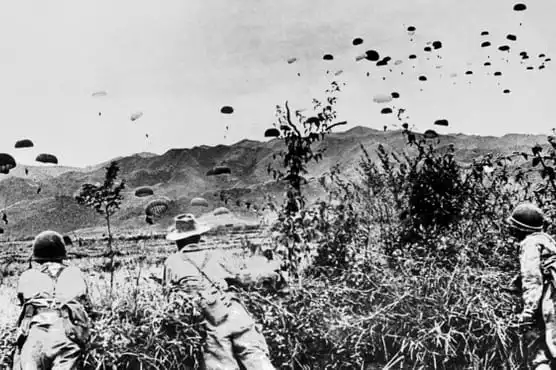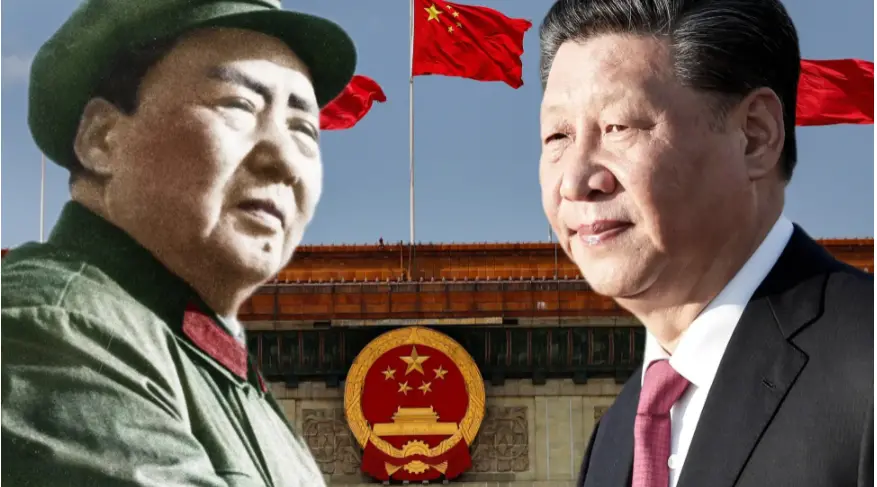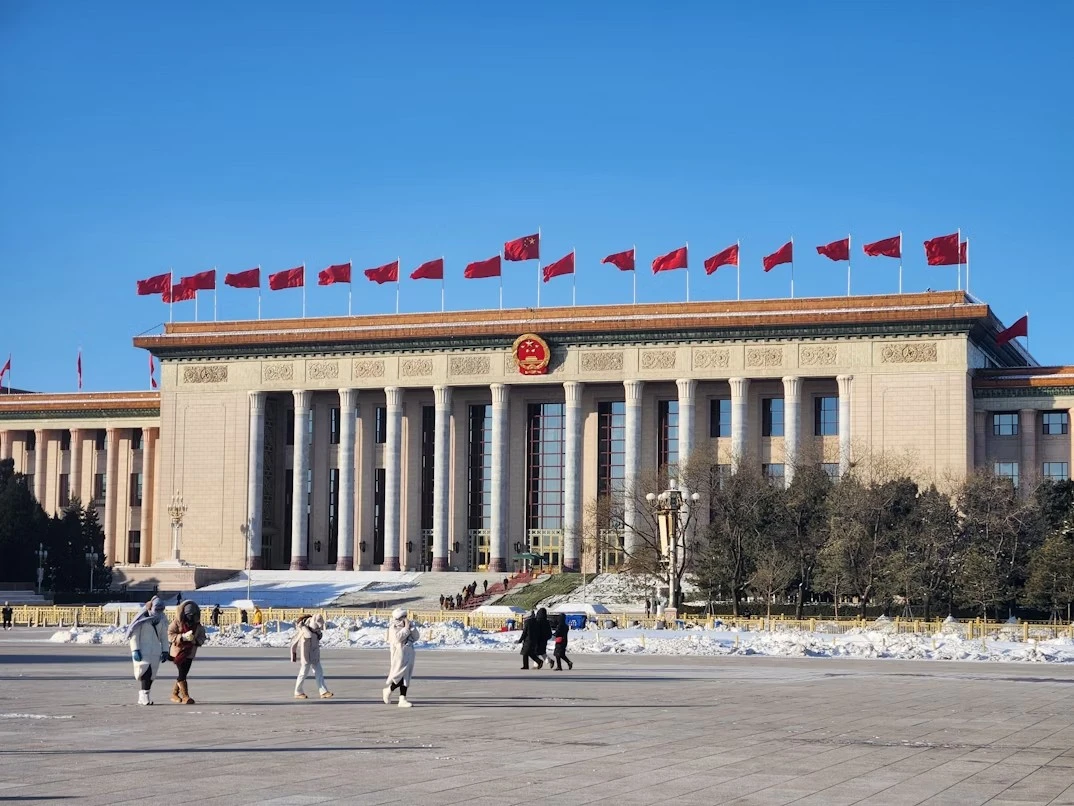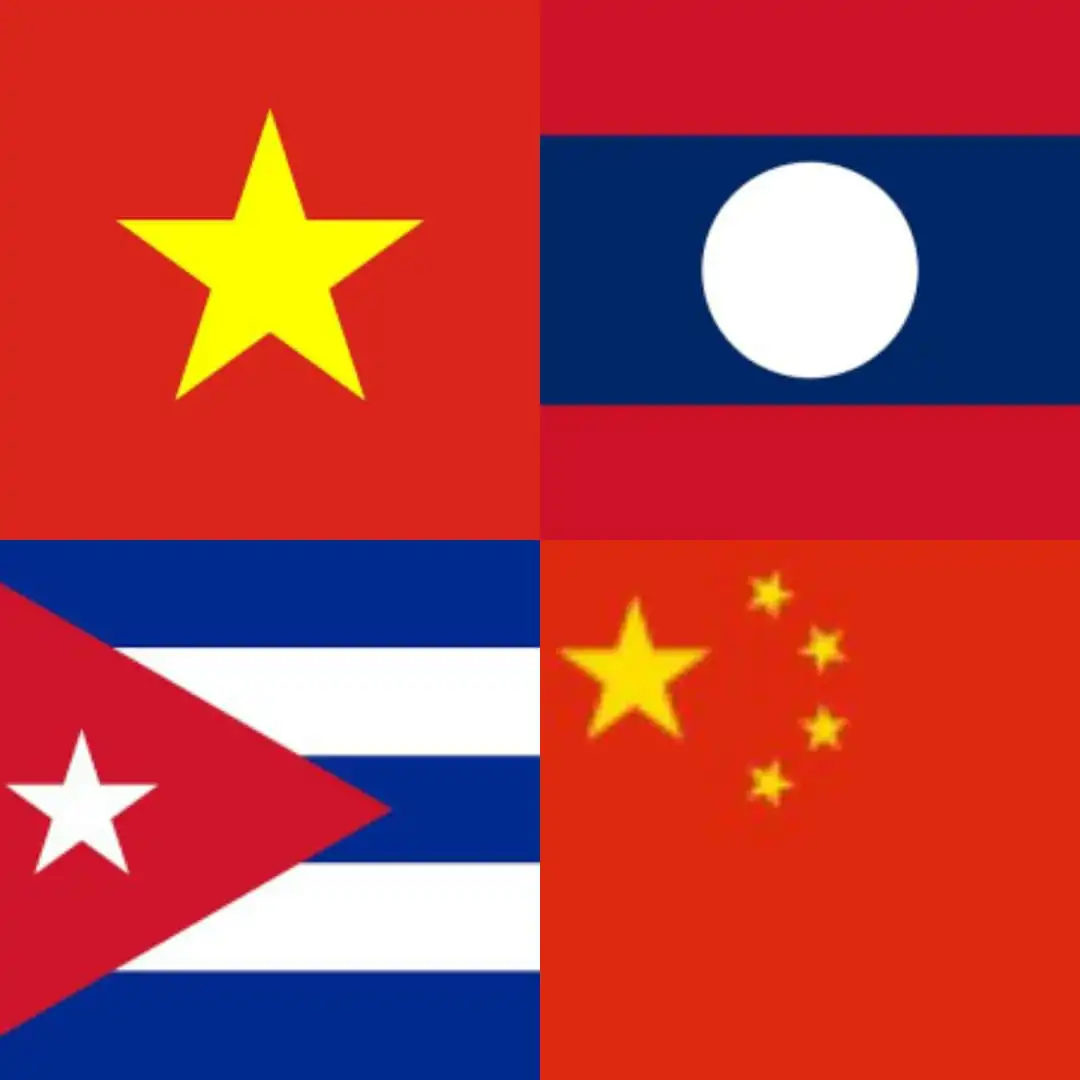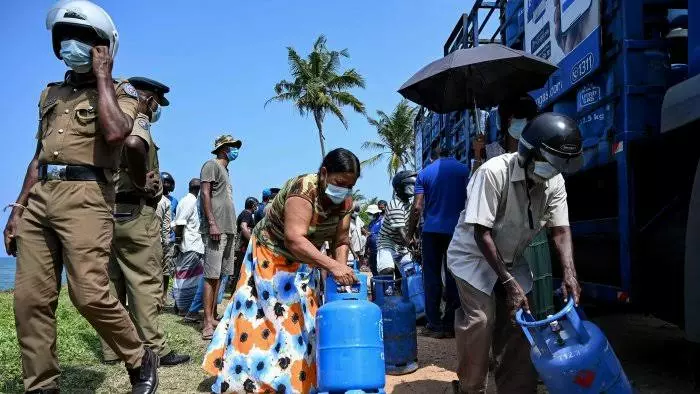65 years ago on the Muong Thanh plain, amid the Northwestern mountains and forests, the Vietnamese people and armed forces, under the leadership of the Party headed by President Ho Chi Minh, fought the strategic battle of Dien Bien Phu.
After 56 days of relentless, valiant and ingenious combat, on the afternoon of May 7, 1954, the Vietnamese people and armed forces defeated the French colonialists’ last-ditch effort and gained the Dien Bien Phu Victory, which resounded across the five continents and shook the world, ending the resistance war against the aggressive French colonialists and marking a great turning point in the Vietnamese people’s history of struggle for national construction and defence.
The Dien Bien Phu Victory is the zenith of the Vietnamese art of war. Together with Bach Dang, Chi Lang and Dong Da, the Dien Bien Phu Victory has gone down in national history as an epic of great heroism with bright examples of gallantry, affirming the Vietnamese willpower, capability and intelligence in the Ho Chi Minh era.
The triumph in Dien Bien Phu crushed the Navarre plan completely and dealt a decisive blow to the aggressive attitude of the belligerent colonialist forces, forcing the French government to sign the Geneva Accords, which ended the war, restored peace and acknowledged the independence of three Indochinese countries. But the Geneva accord divided the country in two parts. North Vietnam or the Democratic Republic of Vietnam under the leadership of Ho Chi Minh and South Vietnam with under the ruling of emperor Bao Dai. The Geneva accords stoopped Ho Chi Minh from gainong full control of the country. But it also planted new seeds for the future of the country.
Vietnam became a pioneer of the national liberation movement in Asia, Africa and Latin America. The Dien Bien Phu Victory has always remained a source of pride for generations of Vietnamese people and all those struggling for independence and freedom in the world.
Dien Bien Phu was a victory of the Vietnamese people’s fervent patriotism and indomitability; of the Party’s correct revolutionary policy of national independence aligned with socialism; of the people-wide, comprehensive, long-term war strategy.
It was also the result of promoting national unity and relying primarily on internal strengths while utilising the assistance of international friends, combining the nation’s strengths with the strengths of the era; and of the faithful combat alliance between Vietnam, Laos and Cambodia.
Continuing the heroic tradition, the determination to fight and win, and building on the valuable experience of the Dien Bien Phu Victory, under the Party and President Ho Chi Minh’s leadership, the Vietnamese people and armed forces overcame all difficulties, hardships and sacrifices to win the resistance war against the US, reunifying the country and bringing the nation into an era of independence, freedom and socialism.
After more than 30 years of implementing the Doi Moi reforms launched by the Party, with the efforts of the entire Party, people and armed forces, Vietnam has recorded significant achievements in almost all socio-economic aspects, security and defence, and external relations.
65 years have passed, but the great magnitude and historic significance of the Dien Bien Phu Victory remains a source of tremendous encouragement for Vietnamese people on the path of national renovation.
Building on the lessons and Dien Bien Phu’s determination to fight and win in the new period, the entire Party, people and armed forces will uphold the patriotic and self-strengthening spirit, proactively seize opportunities, overcome all difficulties and challenges, bring into play the great national unity, and make use of international assistance to successfully realise the cause of building and defending socialist Vietnam, for a wealthy people and a strong, democratic, equitable and civilised country.
